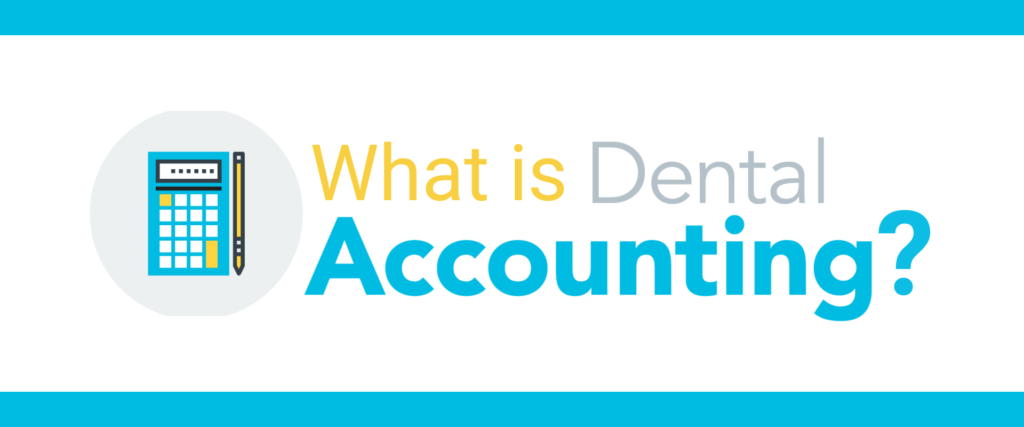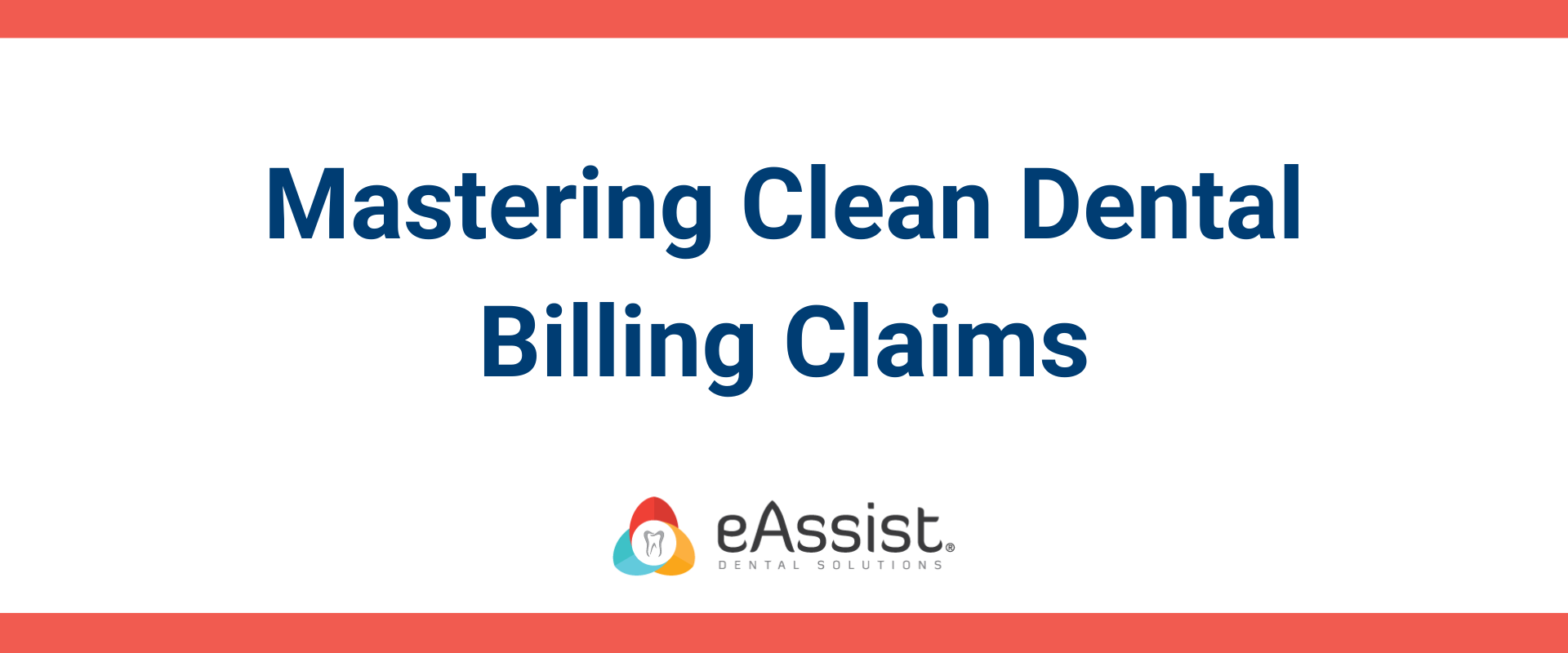Running a dental practice at full speed is no easy feat. There are many responsibilities that come with effective practice management, but making sure your finances are in order is at the top of the list. That’s where dental bookkeeping comes in. Implementing solid bookkeeping procedures that work is essential to the success of your practice. It ensures that your business is profitable and ready to tackle any financial challenges that come your way.
What is the meaning behind dental bookkeeping?
One of the key aspects of dental bookkeeping is the consistent recording of patient information. This includes the patient’s name, address, contact information, and insurance information. This is used to generate invoices and to track payments made by the patient and the insurance provider. Accurate record-keeping of patient information is crucial for efficient billing and collections, as well as general compliance with legal and regulatory requirements.
Why dental bookkeeping matters
Proper bookkeeping ensures the continual success and profitability of your practice. It involves keeping track of your income, expenses, and taxes. Without proper procedures in place, the ability of your practice to scale and grow is diminished. And who doesn’t want to see the rewards of setting goals and implementing standards that work? Here’s what you can expect when bookkeeping comes to the forefront of your practice:
Financial stability:
Good dental bookkeeping provides you with a detailed and accurate view of your practice’s finances. You can better track your income, expenses, and profits, and identify areas where you can save money or improve revenue goals. With this information, you can create a budget and make informed decisions about investments or expenses. Good financial management is the foundation of a stable and profitable dental practice.
Business planning:
Dental bookkeeping helps you plan for the future, each day. You can use your financial data to forecast revenue and cash flow, identify potential growth opportunities, and prepare for unexpected financial challenges. With a clear understanding of your practice’s financial health, you can make strategic decisions and set tangible goals for the future.
Best practices for dental bookkeeping
Now that you know why dental bookkeeping matters, let’s talk about some best practices to help you streamline your financial management. Here are some tips to implement today:
Use accounting software:
Gone are the days of complex spreadsheets with dozens of formulas to keep track of. Accounting software like QuickBooks can help you automate your financial management tasks, saving you time and reducing the risk of errors. With everything in one place, you don’t need to dig around in file folders to find exactly what you’re looking for.
Keep track of income and expenses:
You should keep track of all sources of income and expenses related to your dental practice. This includes patient payments, insurance reimbursements, overhead, rent, utilities, and supplies. Categorize your expenses and income, so you can get a clear picture of your practice’s financial performance. Without this, you could be missing out on potential tax credits and deductions that are required for scaling your income.
Reconcile bank and credit card statements:
Reconciling your bank and credit card statements is essential to ensure that your financial records are accurate. Comparing statements and EFT deposits allows you to reduce risk as well as know that every penny is accounted for in each account.
Create a budget:
A budget is a practical financial plan that outlines your practice’s projected income and expenses for a set period of time. Creating a budget can help you identify areas where you can save money and increase revenue. It also allows you to plan for future expenses and investments as needed when reconciling your accounts.
Consider a dental bookkeeper:
If you don’t have the time or expertise to handle your dental bookkeeping, consider outsourcing to a bookkeeping specialist. A bookkeeper can manage your financial records, provide you with financial reports and the peace of mind in knowing that your day-to-day finances are fully supported.
What types of financial systems are used in a dental practice?
There are two primary financial systems utilized in practice bookkeeping and accounting:
Accounts receivable
Think about your insurance collection ratio and outstanding patient statements. These furnish the bulk of you AR. When insurance providers or patients don’t pay full costs as required, your AR grows. As time passes, this number can grow to become unmanageable and more difficult to collect. In fact, most claims over 90 days old will never be paid without dedicated appeals and follow up. When our focus is on the immediate claims needed for patients, those accounts that are a few months old become easier to forget.
Accounts payable
Do you have outstanding loans or other debt obligations? Then you know exactly what your accounts payable consists of. Your accounts payable is any money currently owed to other parties. Whether that includes patients, vendors, or property management. This number will change over time depending on those obligations, but as with your AR should see a steady decrease with dedicated attention. It is important to reconcile your AR and AP together in order to identify issues with dental practice cash flow and expense costs related to your overall financial management.
Does my practice specialty matter in bookkeeping accuracy?
Regardless of your specialty, the way that you structure your billing schedule matters to your bookkeeping necessities. Are you an in-network provider with a set fee schedule per insurance provider? Or do you have a fee for service schedule that requires careful attention and updating in order to stay competitive? Whether a majority of your patients are paying in cash or through insurance reimbursement, your practice needs effective accounting management in order to effectively separate and reconcile payments. Each specialty requires its own customizable approach to managing finances. Without this, you won’t be able to collect on what you are owed or scale effectively.
How can I streamline my dental bookkeeping?
Outsourcing your dental bookkeeping is your best option for consistent and practical profit. By mitigating the myriad of tasks necessary to keep your practice running, you can focus on what really matters: the patients who walk through your door. eAssist Dental Solutions provides dedicated support for your dental practice accounting and bookkeeping. We know dentists because we are dentists. Our platform serves a singular goal: get you 100% of what you’re rightfully owed. A Business Development Specialist can help with formulating an achievable plan to lower your AR and give you peace of mind in dental accounting and beyond. Schedule a consultation today and tell us your financial goals. eAssist’s bookkeeping platform can help to support you in the process of getting there, today.











0 Comments